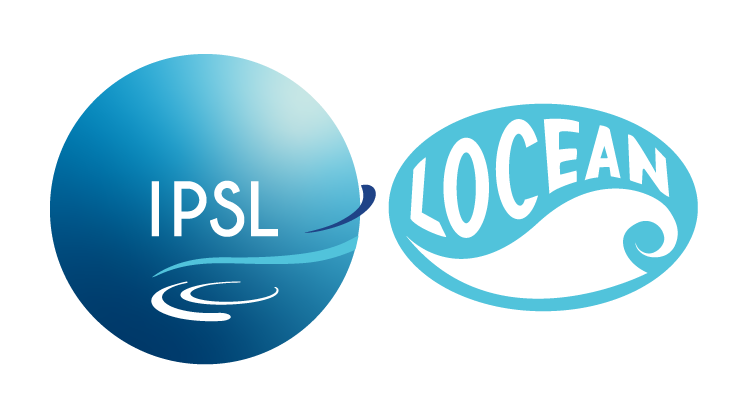
Séminaire
Julie Deshayes: Transforming climate models through calibration and equilibration
Julie Deshayes (LOCEAN): Transforming climate models through calibration and equilibration – proof of concept and way forward
Sorbonne Université 4 place Jussieu 75005 Paris Sorbonne Université LOCEAN Couloir 45-55 4e étage pièce 417
Description
Earth System Modeling is essential for planning climate change adaptation and mitigation. The realization of climate projections has a significant numerical cost, even at low spatial resolution (of the order of 1° at present). Most of the computation and storage consumption is devoted to the equilibration of the model and to the calibration of the parameters. I will present a few studies that I led and/or contributed to, so as to fasten both stages of climate model development, and in the meanwhile allow for a better quantification of uncertainties in climate projections.
LMDZ, the atmospheric component of IPSL climate model, is routinely employing a semi-automatic method to calibrate atmospheric parameters. This capacity enabled us to prove that there are multiple calibrations of the IPSL climate model that produce realistic climate simulations, yet exhibiting significantly different climate features. I will briefly present this study, and highlight why applying this method to a climate system, coupling slow and fast variables, is not straightforward, through a toy climate model.
Regarding the equilibration of the IPSL climate model, we have developed an inference model that extrapolates a series of simulation time steps and then reinjects the extrapolated solution into the climate model to perform new simulation steps. These two steps would be repeated as many times as necessary to obtain a stable algorithm that converges to a physically admissible solution comparable to full equilibria, while significantly reducing the number of time steps calculated explicitly with the model. As a first step and proof of concept, we accelerate the ocean barotropic circulation, and currently assess how to accelerate the baroclinic ocean circulation, as well as other slow climate variables.
These two venues of climate model development will be continued within TRACCS-PC6, one of the 10 projects of TRACCS program, which I will lead from 2023 to 2030.
Informations dates et horaires
Tuesday 24 january 11h – LOCEAN meeting room 4th floor (Tour 45/55)


